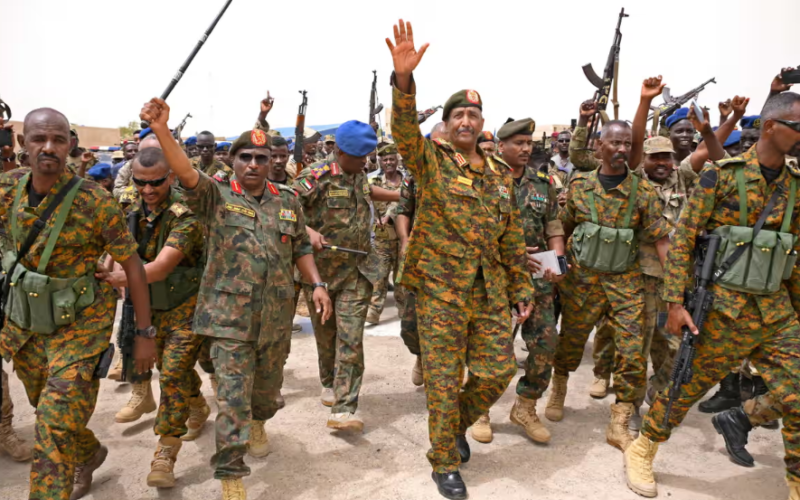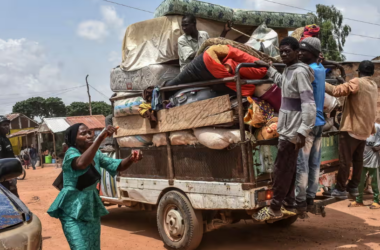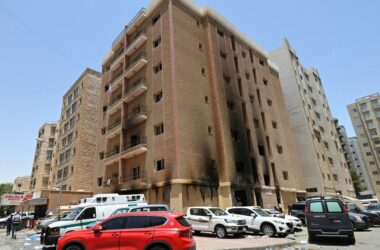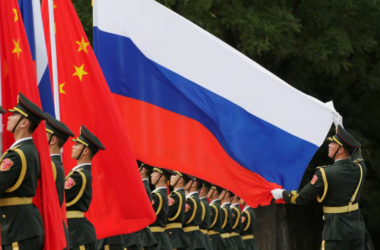As violence intensifies in the capital city of Khartoum, the safety of thousands of refugees in Sudan is increasingly imperiled. The growing conflict in Khartoum has raised concerns about the well-being and security of those who have sought shelter in the country, further exacerbating the humanitarian crisis in the region.
Khartoum, the political and economic center of Sudan, has witnessed an escalation in hostilities in recent days. This unrest, which has its roots in political and ethnic tensions, has started to extend its reach, putting the lives of many refugees at risk.
Sudan has long been a refuge for people fleeing conflict and persecution in neighboring countries. It hosts a significant number of refugees who have sought protection and assistance. However, the expanding conflict in Khartoum threatens the safety and stability of these vulnerable populations.
The ongoing violence in Khartoum underscores the urgent need for humanitarian assistance and international intervention. Refugees, already facing hardship, are now exposed to the dangers of a city plunged into chaos. They are at risk of becoming unintended victims of a conflict they had hoped to escape.
The situation has prompted international organizations, including the United Nations and various humanitarian agencies, to call for immediate action to protect and provide for these refugees. Aid efforts are being mobilized to ensure the safety and well-being of those who are caught in the crossfire.
The international community is closely monitoring the situation in Sudan and seeking diplomatic solutions to the underlying causes of the conflict. The plight of refugees in Khartoum has brought renewed attention to the need for stability and peace in the region, as well as the importance of ensuring the safety of those who have already endured much hardship.
The escalating violence in Khartoum has put thousands of refugees at risk in Sudan, emphasizing the urgency of addressing the crisis and providing the necessary support to ensure their safety and well-being. It is a stark reminder of the vulnerability of displaced populations in the face of conflict and instability, and the collective responsibility to protect and assist those in need.








